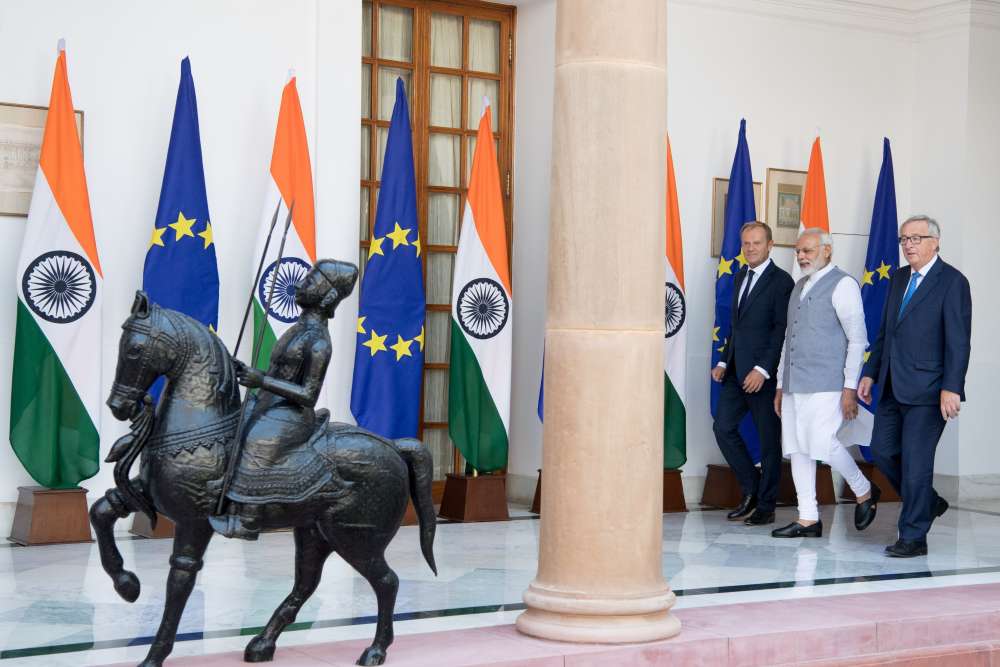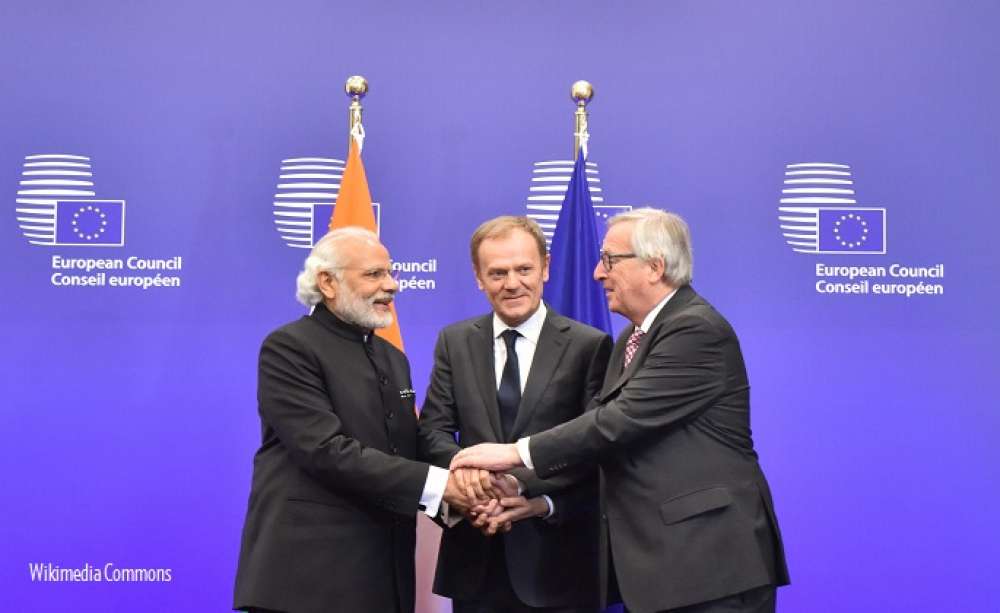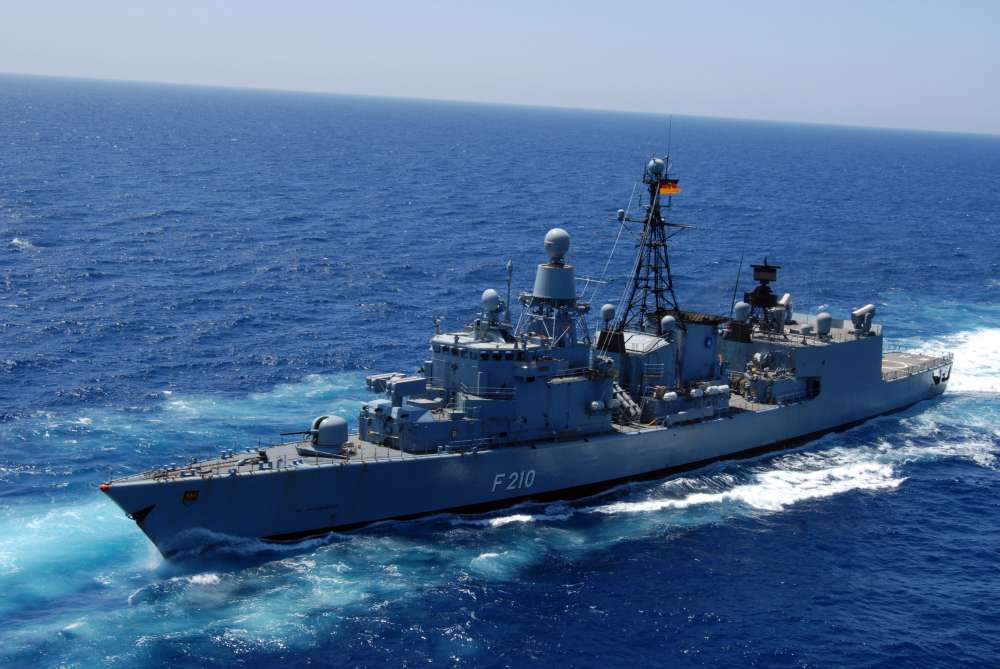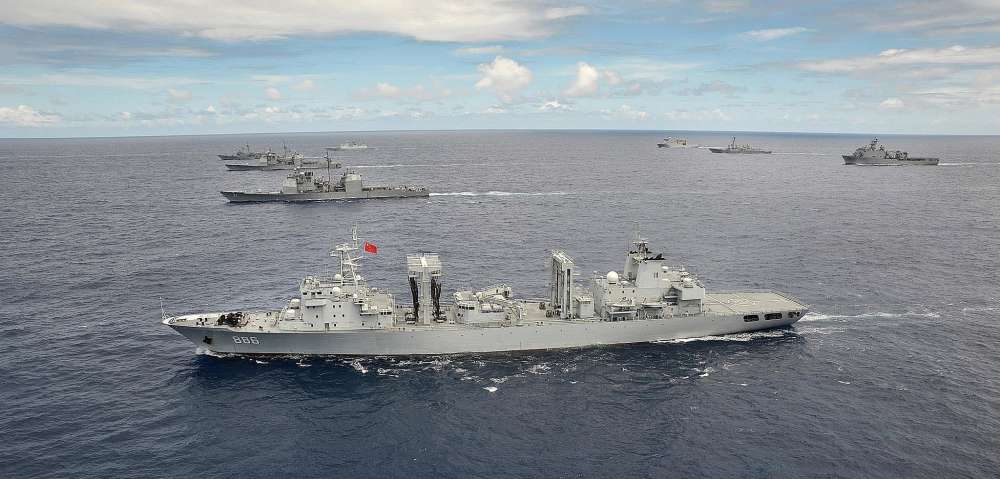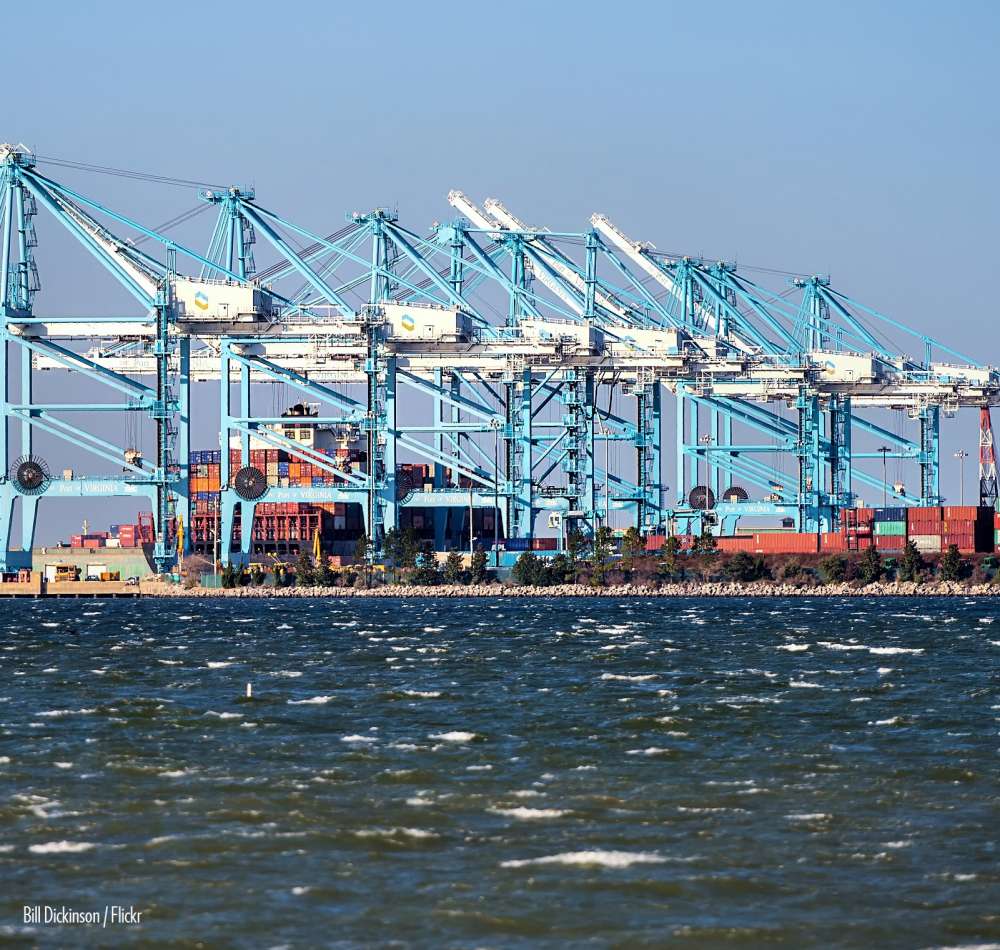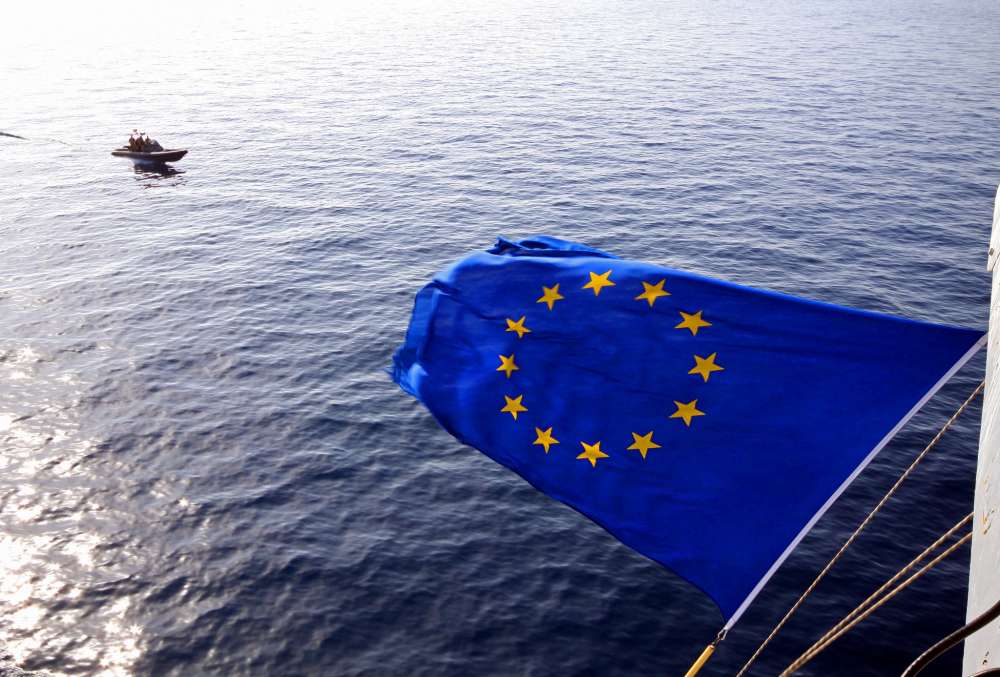A European Approach to the Indo-Pacific?
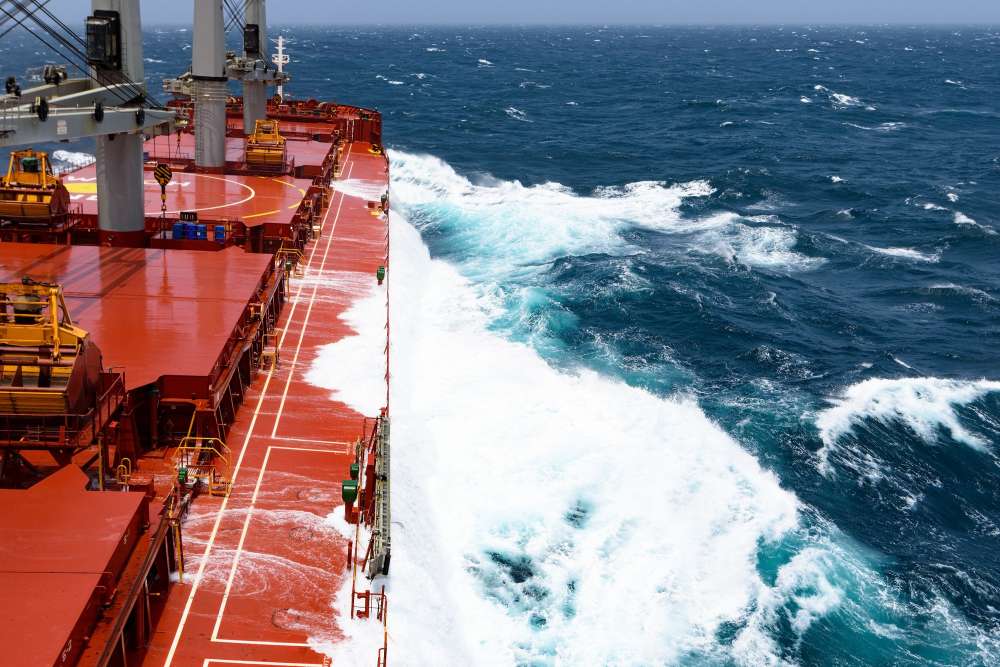
Although Europe is not a resident actor, it is an important stakeholder in the Indo-Pacific. Not only is the European block the largest trade and investment partner for most Indo-Pacific economies, but more than 35 percent of all European exports go to the region. A majority of those exports (around 90 percent) transit through the sea lanes of the Indian and Pacific Oceans. What is more, four of Europe’s top-ten trading partners are located in the area, making the Indo-Pacific the second largest market outside Europe for export-focused economies like Germany. As a result, Europe is highly dependent on unimpeded sea lines of communication that pass through the region.
The South China Sea or even the Indian Ocean may seem geographically far away from Europe, but the dynamics in the region will have an impact on European prosperity and security. The recent coronavirus pandemic is just one example. Given Europe’s varied interests in the region, it would be short-sighted to watch the Indo-Pacific debate unfold from the sidelines. Europe and the Indo-Pacific countries share the same geopolitical concerns, namely to avoid getting tangled up in US-China competition while also balancing the rise of an increasingly assertive China that is already reshaping the region and poses a challenge to the rules-based order.
While the EU has woken up and begun responding to the China challenge within its own borders, it has yet to recognize that any effective and coherent China strategy will not work without a better understanding of how China behaves outside of Europe’s borders and especially vis-à-vis the EU’s other partners in the Indo-Pacific region.
This study discusses Europe’s interests in the Indo-Pacific and outlines policy recommendations for a European approach to the region. To do so, it outlines the key tenets of the Indo-Pacific as a geopolitical concept and examines how other actors like Japan or the United States understand it, how they translate their ideas about the Indo-Pacific into policy, and what each country expects of its European partners – both the EU and individual member states, particularly Germany and the Netherlands.
The full study is available for download.
Research for this study was concluded in December 2019 and the content has not been updated since.
